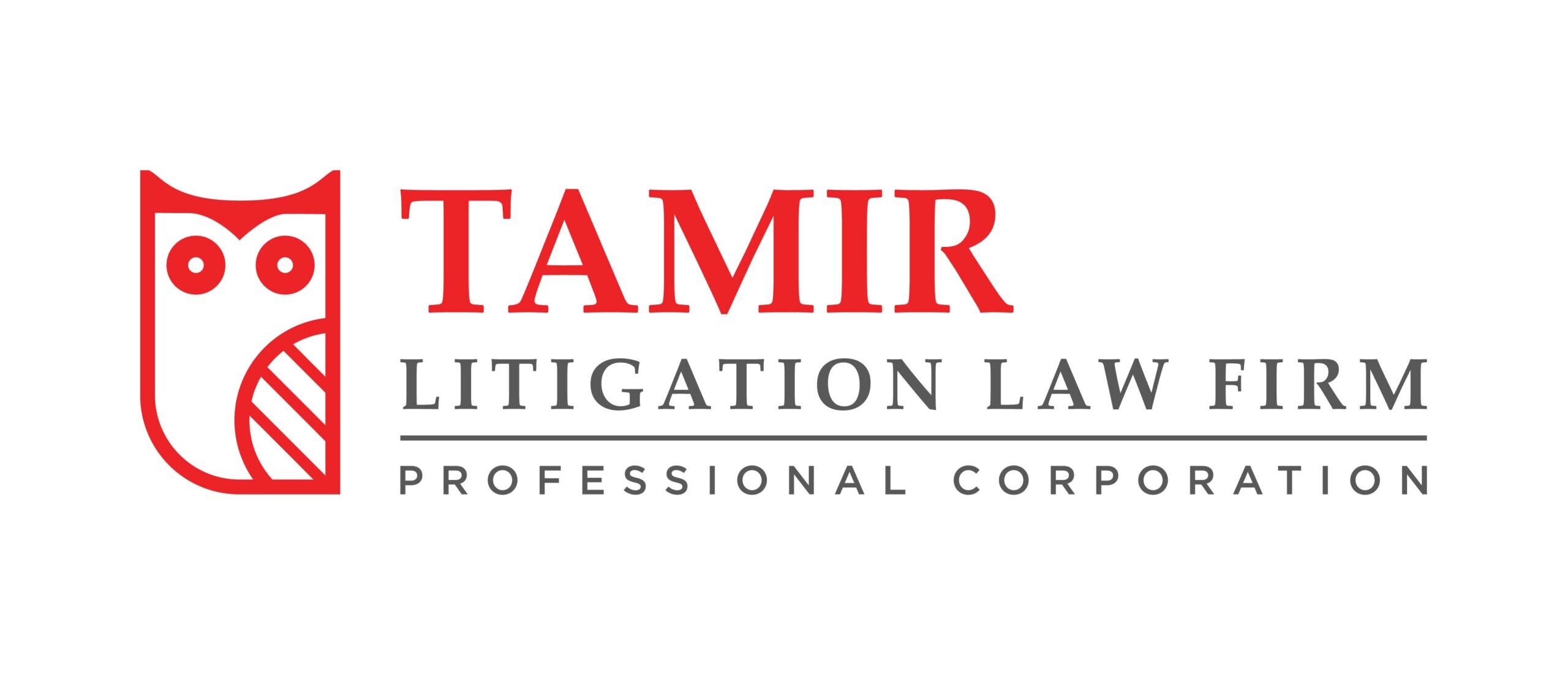CICC v Bayegan, 2025 CICC 26 confirms that good character in licensing turns on disclosure, not explanation. The Registrar refused an RCIC licence after finding it probable the applicant engaged in unauthorized practice and failed to disclose outstanding criminal charges in her statutory declaration. On appeal, the Registrar Appeal Committee upheld the refusal, stressing that licensing is a credibility assessment, not a trial on the merits of alleged misconduct or criminal charges. Non-disclosure itself justified refusal. Attempts to introduce new evidence and contextual explanations on appeal were rejected. The appeal was dismissed and $7,500 in costs ordered, reinforcing that statutory declarations are foundational.
In LSO v. Balaganthan (2025 ONLSTH 126), a newly-called lawyer and former Toronto police officer was found guilty of professional misconduct after $1.7M in stolen funds flowed through his trust account. Despite personal hardships, the Tribunal held he was wilfully blind to glaring red flags: offshore parties, unexplained fees, and instructions to pay non-parties. His own note, “I will be paid from the funds received” , underscored the risks. The case shows that trust accounts are not escrow services and inexperience is no defence.
Reinstatement after a licence revocation for fraud is a legal catch-22. The Tribunal requires proof of insight and remediation, often by accepting past findings, but such admissions can be used in criminal prosecution. In Fagbemigun v. CPSO (2024 ONPSDT 30), the physician denied intentional fraud, proposed operational changes, and was denied reinstatement. This case highlights why fraud-related professional discipline matters require coordinated regulatory and criminal defence strategy to protect both your licence and your legal position.
In Law Society of Ontario v. Guiste, the Tribunal upheld a suspension and a $225,000 costs award, not just based on past conduct, but on how the licensee behaved during the hearing. This case shows that in professional discipline, remorse must be demonstrated, not declared. Evidence matters, including for claims of reform or financial hardship. For lawyers facing discipline, credibility and documentation are everything. It’s not just the evidence you file, its also how you conduct yourself during the hearing.
Patient complaints often arise not from clinical outcomes, but from unmet expectations or poor communication. Building strong patient relationships through empathy, clear boundaries, and proactive engagement can significantly reduce complaints. In high-risk fields like cosmetic procedures, managing expectations and screening patients carefully is crucial. This article outlines practical strategies, from showcasing credibility to addressing problematic behaviour that help healthcare providers foster trust, reinforce professionalism, and protect their practice from reputational and regulatory risk.

